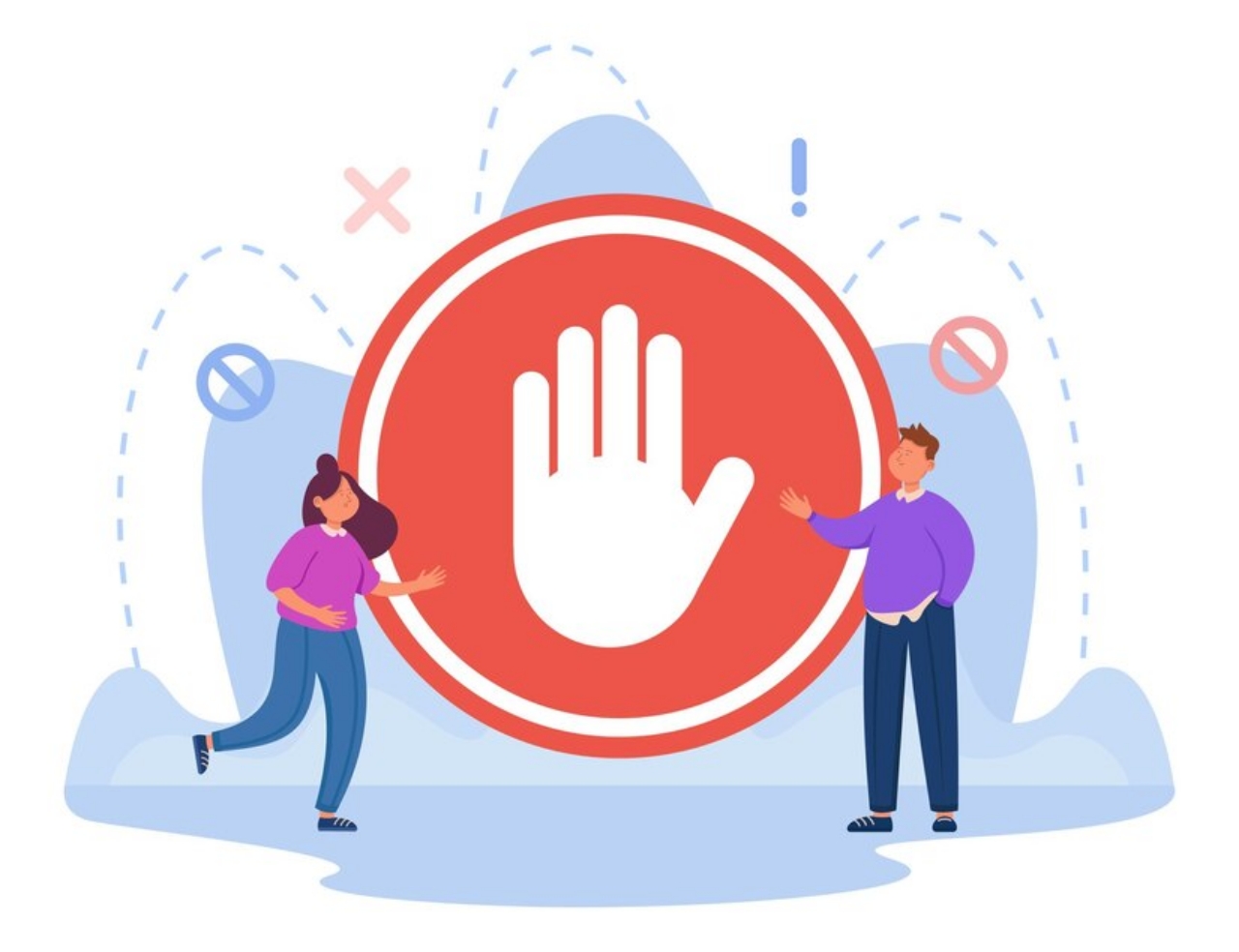In the criminal justice system, the use of electronic monitoring devices, commonly referred to as tethers, has become increasingly prevalent. These devices provide an alternative to incarceration, allowing individuals to remain in the community while under the supervision of tether violation. Authorities employ tether devices in various contexts, including pretrial release, probation, parole, and house arrest to avoid any kind of tether violation.
However, compliance with the conditions associated with these devices is mandatory. Any breach of these conditions constitutes a tether violation, which can have significant legal, financial, and personal consequences. This article by the TopAMag them explores What is a Tether Violation, the types of violations, their consequences, and strategies to avoid such breaches.
Understanding Tether Devices
Types of Tether Devices Used to Identify Tether Violation
1. GPS Monitors: GPS (Global Positioning System) monitors are the most common type of tether devices. They track an individual’s location in real time, providing precise data on their movements. Authorities often use these devices for individuals on house arrest or those with specific geographic restrictions. The GPS monitor ensures that the individual remains within designated areas and does not enter prohibited zones.
2. Radio Frequency Monitors: Radio frequency monitors are less sophisticated than GPS devices but serve a similar purpose. Authorities typically use these devices to monitor an individual’s presence within a specified area, such as their home. These devices consist of a base unit installed at the residence and an ankle bracelet, worn by the individual. If the individual leaves the designated area, the base unit detects the absence and sends an alert to the monitoring authorities.
3. Alcohol Monitors: Alcohol monitoring devices, often worn as ankle bracelets, measure alcohol consumption through the skin. These devices monitor individuals with alcohol-related offenses, ensuring they abstain from alcohol as required by court orders. The devices continuously track the individual’s alcohol levels and send alerts if they detect alcohol consumption.
4. Drug Monitors: Similar to alcohol monitors, drug monitoring devices detect the presence of specific drugs in an individual’s system. These devices are used for individuals with drug-related offenses to ensure compliance with court-ordered sobriety.
How Tether Devices Work
Tether devices are equipped with various sensors to monitor an individual’s compliance with court-ordered restrictions. The data collected by these devices is transmitted to a central monitoring system, which alerts authorities in case of a violation. The monitoring system can track the individual’s location, detect tampering attempts, and monitor alcohol or drug use. Authorities use this information to ensure that the individual adheres to the conditions of their release.
Types of Tether Violations
Geographic Violations
Geographic violations occur when an individual leaves a designated area or enters a prohibited zone. These violations can be intentional or accidental, authorities but both are treated seriously by authorities. Common scenarios leading to geographic violations include:
- Leaving Home Without Permission: Individuals under house arrest must stay within their homes during specified hours. Leaving home without prior approval from authorities constitutes a violation.
- Entering Restricted Areas: Some individuals are prohibited from entering certain areas, such as the vicinity of a victim’s residence or places associated with criminal activity. Entering these restricted areas is also considered a tether violation.
- Failure to Report to Designated Locations: Individuals on probation or parole may need to report to specific locations, such as probation offices or treatment centers, at scheduled times. Failing to report as required is considered a geographic violation.
Tampering Tether Violations
Tampering with a tether device is a serious offense. These devices are designed with tamper-detection features to ensure their integrity. Tampering Tether Violation include:
- Attempting to Remove the Device: Any attempt to remove or disable the tether device, such as cutting the strap or interfering with its components, triggers an alert to authorities.
- Damaging the Device: Intentionally damaging the device to impair its functionality, such as submerging it in water or exposing it to extreme temperatures, is considered tampering.
- Interfering with Signals: Using electronic devices, or other means to interfere with the signals transmitted by the tether device is a tampering violation.
Curfew Violations
Curfew violations occur when an individual fails to adhere to court-ordered curfew hours. These violations can happen in various scenarios:
- Being Out Past Curfew: Individuals may be required to stay home during specific hours, typically during nighttime. Being out past the curfew time constitutes a violation.
- Leaving Home Early: Leaving home before the end of the curfew period is also a violation.
- Frequent Late Returns: Repeatedly returning home late, even if only by a few minutes, can accumulate and be treated as a series of curfew violations.
Substance Abuse Violations
Substance abuse violations involve the consumption of prohibited substances by individuals under monitoring for alcohol or drug-related offenses. These violations are detected through:
- Alcohol Monitoring Devices: Devices that continuously monitor alcohol levels through the skin can detect any consumption of alcohol. Any positive reading constitutes a violation.
- Drug Monitoring Devices: Similar to alcohol monitors, drug monitoring devices detect the presence of specific drugs in the individual’s system. Any positive detection of drugs is a violation.
- Random Testing: Authorities may conduct random tests, such as breathalyzer tests or urine drug screens, to ensure compliance. Failing these tests is considered a substance abuse violation.
Consequences of Tether Violation
Legal Consequences of Tether Violation
Tether violations can lead to severe legal repercussions, depending on the severity and frequency of the violations. Common legal consequences include:
1. Revocation of Bail or Probation: A tether violation can result in the revocation of bail or probation, leading to immediate incarceration. Courts may determine that the individual poses a higher risk of non-compliance and order their detention.
2. Additional Charges: In some cases, a tether violation can result in additional criminal charges, compounding the individual’s legal troubles. For example, Authorities may charge tampering with a tether device as a separate offense.
3. Extended Monitoring Periods: Courts may extend the duration of electronic monitoring or impose stricter conditions as a result of violations. This extended supervision can last for several months or even years, depending on the case.
Financial Consequences
Individuals may need to pay fines or additional fees for tether violations. These financial penalties can add to the burden of legal costs and monitoring fees. Common financial consequences include:
1. Fines for Violations: Courts may impose fines for each violation, which can quickly accumulate and create a significant financial burden.
2. Increased Monitoring Fees: Extended monitoring periods or additional supervision may result in higher fees charged by monitoring agencies. These fees can strain the individual’s financial resources.
3. Restitution Payments: In cases where the violation resulted in harm or damages, courts may order restitution payments to compensate victims or cover related costs.
Personal and Social Consequences
Tether violations can have significant personal and social consequences, affecting various aspects of an individual’s life:
1. Loss of Employment: Frequent violations may result in job loss, especially if the individual is unable to maintain a consistent work schedule. Employers may view the individual’s legal troubles and lack of reliability as grounds for termination.
2. Strained Relationships: Violations can strain relationships with family and friends, particularly if the individual is incarcerated or faces additional legal troubles. Loved ones may feel betrayed or burdened by the individual’s non-compliance.
3. Emotional and Mental Stress: The stress of legal repercussions, financial penalties, and personal consequences can take a toll on an individual’s mental health and well-being. Anxiety, depression, and other mental health issues may arise as a result.
4. Social Stigma: Being under electronic monitoring and facing violations can lead to social stigma and isolation. Individuals may feel ostracized by their community and experience difficulties reintegrating into society.
Avoiding Tether Violation
Understanding Conditions to Avoid Tether Violation
One of the most important steps in avoiding tether violations is thoroughly understanding the conditions of electronic monitoring. Individuals should ask their legal counsel or probation officer for clarification if any conditions are unclear. Key aspects to understand include:
- Geographic Restrictions: Knowing the exact boundaries of allowed and prohibited areas is crucial. Individuals should have a clear map or description of these boundaries.
- Curfew Hours: Being aware of the exact curfew times and any exceptions, such as for work or medical appointments, can help avoid curfew violations.
- Substance Prohibitions: Inquire about Prohibited substances. Understanding the consequences of consuming them helps individuals make informed choices.
Adhering to Schedules
Maintaining a strict schedule and adhering to curfew hours can help individuals avoid geographic and curfew violations. Using alarms or reminders can assist in staying within designated areas and complying with curfew restrictions. Practical tips for adhering to schedules include:
- Setting Multiple Alarms: Setting alarms for curfew times and important appointments can prevent accidental violations.
- Creating a Daily Routine: Establishing a consistent daily routine that aligns with monitoring conditions can reduce the risk of unintentional violations.
- Planning Ahead: Planning travel routes and schedules in advance can ensure timely returns home and compliance with geographic restrictions.
Regular Communication
Regular communication with probation officers or monitoring authorities is crucial. If an individual anticipates any issues with compliance, such as a medical emergency or unavoidable circumstance, they should notify authorities in advance. Effective communication strategies include:
- Reporting Changes Promptly: Informing authorities of any changes in address, employment, or personal circumstances can prevent misunderstandings and violations.
- Seeking Clarification: Asking for clarification on any unclear conditions or expectations can prevent unintentional violations.
- Documenting Communications: Keeping records of communications with authorities can provide evidence of compliance efforts in case of disputes.

Avoiding Prohibited Substances
For individuals with substance abuse monitoring, avoiding prohibited substances is essential. Seeking support through counseling, therapy, or support groups can help individuals maintain sobriety and avoid violations. Strategies for avoiding substance abuse violations include:
- Joining Support Groups: Participating in support groups such as Alcoholics Anonymous (AA) or Narcotics Anonymous (NA) can provide a network of support and accountability.
- Engaging in Counseling: Seeking professional counseling or therapy can address underlying issues related to substance abuse and provide coping strategies.
- Creating a Substance-Free Environment: Removing alcohol and drugs from the home and avoiding social situations where substances are present can reduce the risk of violations.
Utilizing Technology to Avoid Tether Violation
Leveraging technology can help individuals stay compliant with tether conditions. Various tools and applications can assist with monitoring and adherence:
- GPS Apps: Using GPS apps on smartphones to track locations and set geofencing alerts can help avoid geographic violations.
- Reminder Apps: Reminder and scheduling apps can help individuals keep track of curfew times, appointments, and important dates.
- Sobriety Tracking Apps: Apps designed for tracking sobriety can provide motivation and support for individuals with substance abuse conditions.
- Read Blogs: Read Informational Blogs. By using modern technology, consider reading Netwyman Blogs to avoid Tether Violations.
Conclusion
Tether violation seriously breaches the conditions associated with electronic monitoring devices. Understanding the different types of violations, the consequences, and ways to avoid them is crucial for individuals under electronic supervision.
By adhering to court-ordered restrictions, maintaining regular communication with monitoring authorities, and utilizing available resources and support systems, individuals can successfully comply with tether conditions and avoid the significant legal, financial, and personal repercussions of violations. Effective compliance not only ensures adherence to legal requirements but also contributes to personal growth, stability, and successful reintegration into the community.

